I am now halfway into my 14-day internment in the Howard Springs Quarantine Facility, located in the Top End, a mere 25km from Darwin. The complex, complete with pool, theatre, tavern, and tennis courts, was built by a Japanese energy company in 2012. After it completed the $55 billion gas plant on Darwin Harbour in 2018, it simply shut the gates, handed the keys to the NT government, and disappeared back to Japan with not so much as a sayonara.
Already a subscriber? Log in
Subscribe for just $2 a week
Try a month of The Spectator Australia absolutely free and without commitment. Not only that but – if you choose to continue – you’ll pay just $2 a week for your first year.
- Unlimited access to spectator.com.au and app
- The weekly edition on the Spectator Australia app
- Spectator podcasts and newsletters
- Full access to spectator.co.uk
Unlock this article
Dr Bella d’Abrera is the Director, Foundation of Western Civilisation Program at the Institute of Public Affairs.
You might disagree with half of it, but you’ll enjoy reading all of it. Try your first month for free, then just $2 a week for the remainder of your first year.


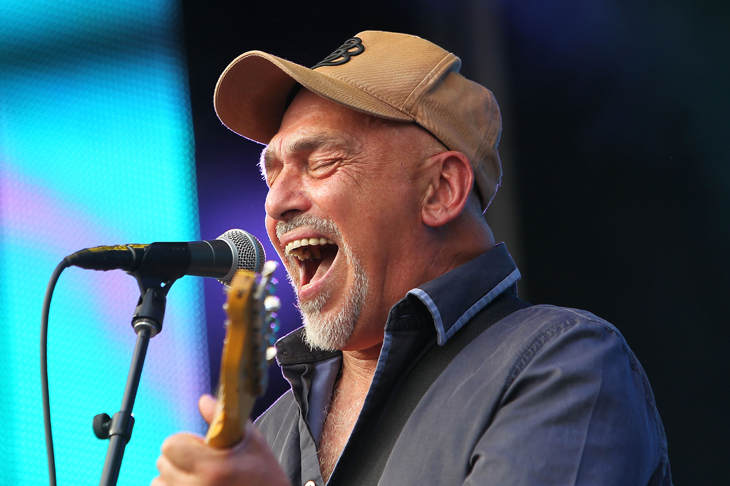
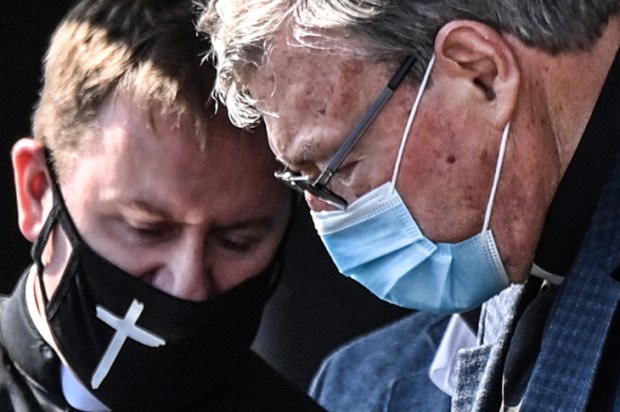
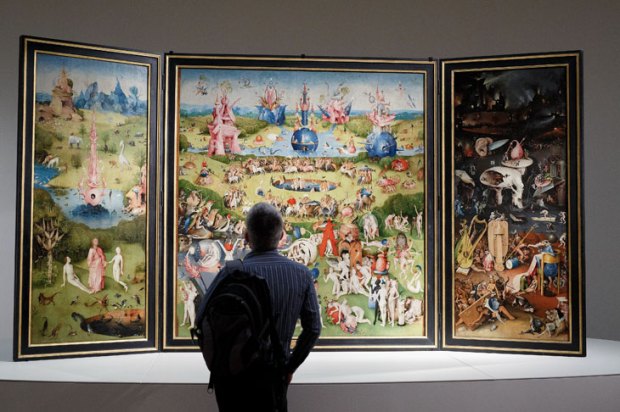

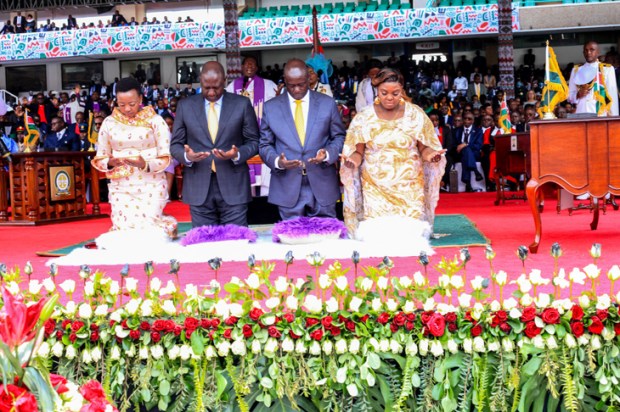
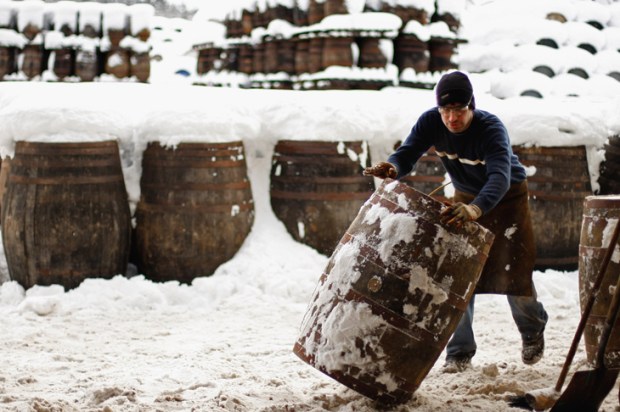
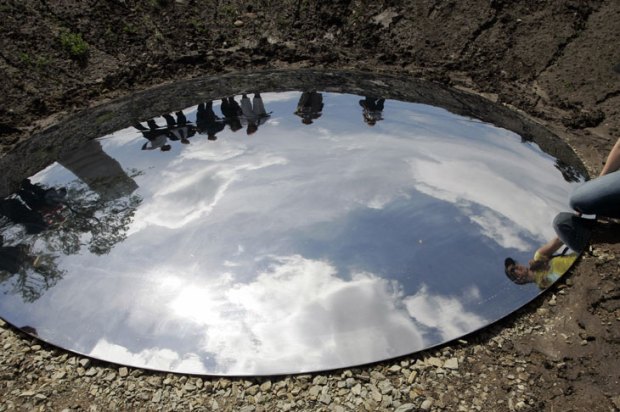






Comments
Don't miss out
Join the conversation with other Spectator Australia readers. Subscribe to leave a comment.
SUBSCRIBEAlready a subscriber? Log in